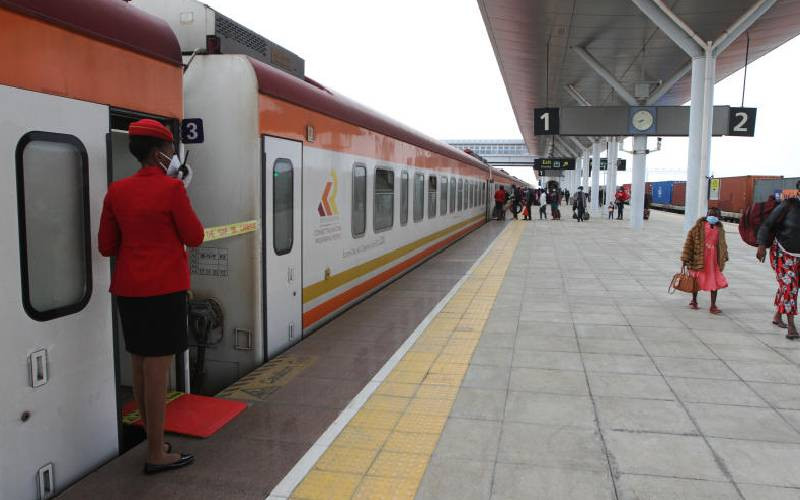×
The Standard e-Paper
Kenya’s Boldest Voice
By Peter Kamuri
Regardless of your lifestyle and the amount of money you make, having a complete control of your finances calls on you to have a budget and live within it. Most of those who are always scratching their heads every now and then because they cannot tell where all the cash they had has gone do not plan well for their money.







